Rambo: A Shadow of His Former Self? Reflecting on ‘Rambo IV’ and the Series’ Legacy
Sylvester Stallone’s portrayal of John Rambo in the First Blood series cemented the character as a symbol of resilience and survival, a “king of the jungle” etched in the collective memory of generations.
The announcement of Rambo IV in 2008, two decades after First Blood III, was met with widespread excitement. Stallone, taking on the roles of writer, director, and star, offered fans a chance to revisit a beloved character and perhaps, in their eyes, repay a debt of cinematic gratitude.
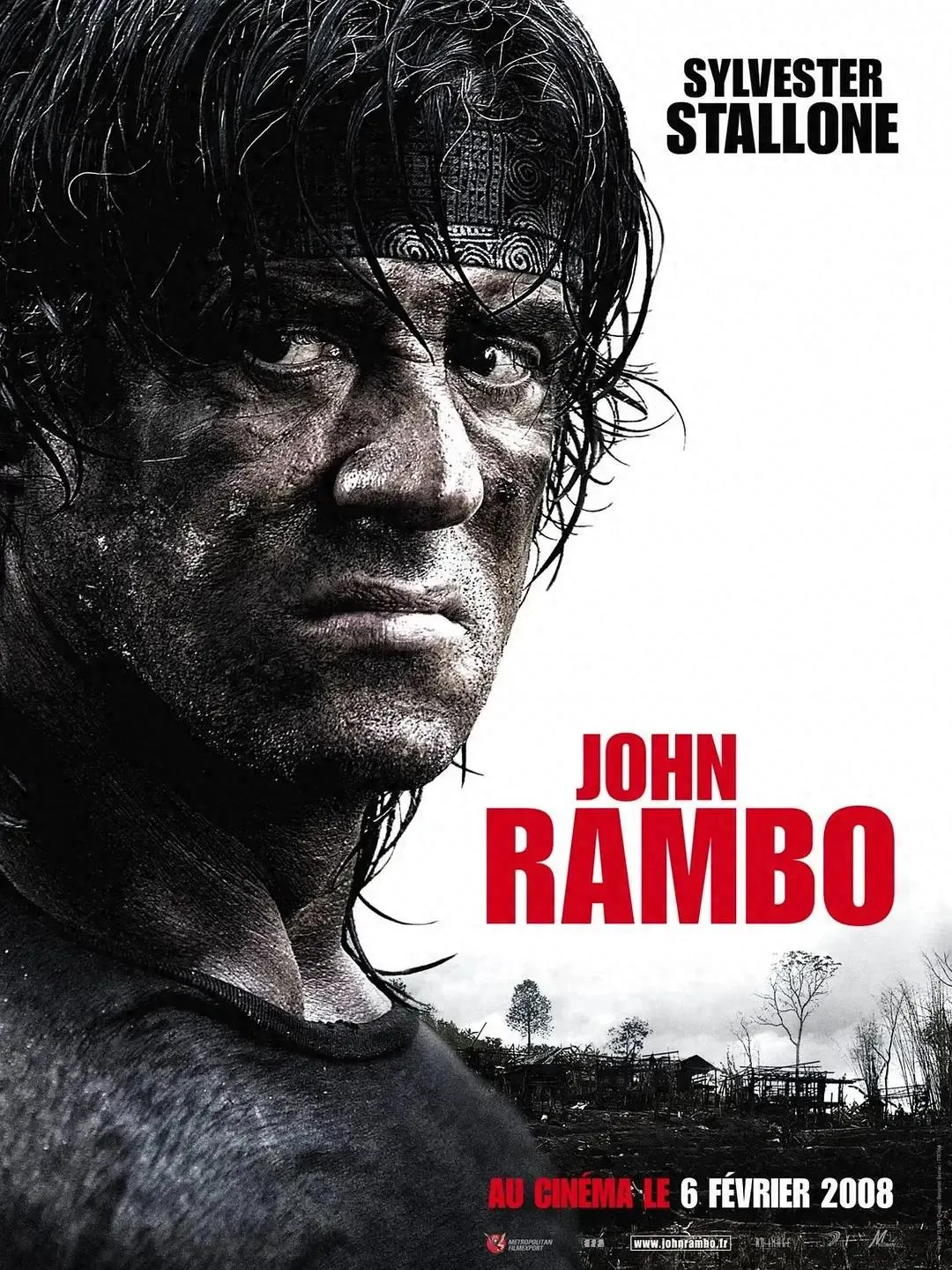
However, what audiences encountered was a Rambo both familiar and strikingly different.
An Aging Icon
In Rambo IV, the years have taken their toll. This Rambo is no longer the invincible lone wolf. He requires the support of a mercenary team to venture behind enemy lines.
The Rambo of our memories was fearless, a figure who charged headfirst into danger, defying impossible odds. His survival was guaranteed, his victory inevitable, regardless of the number of adversaries.
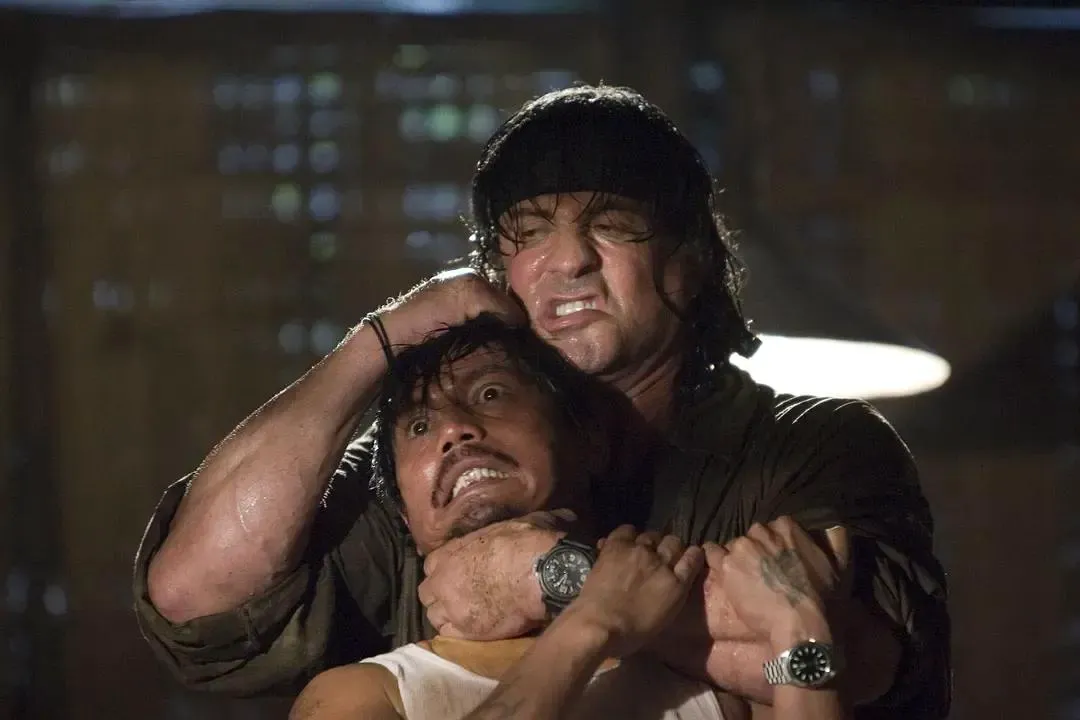
More than just a muscle-bound action hero, Rambo represented a rebellious spirit, a defiance of authority, and a symbol of freedom.
But in Rambo IV, this spirit feels diminished. The Rambo presented is incomplete, lacking the ideological backbone that defined him.
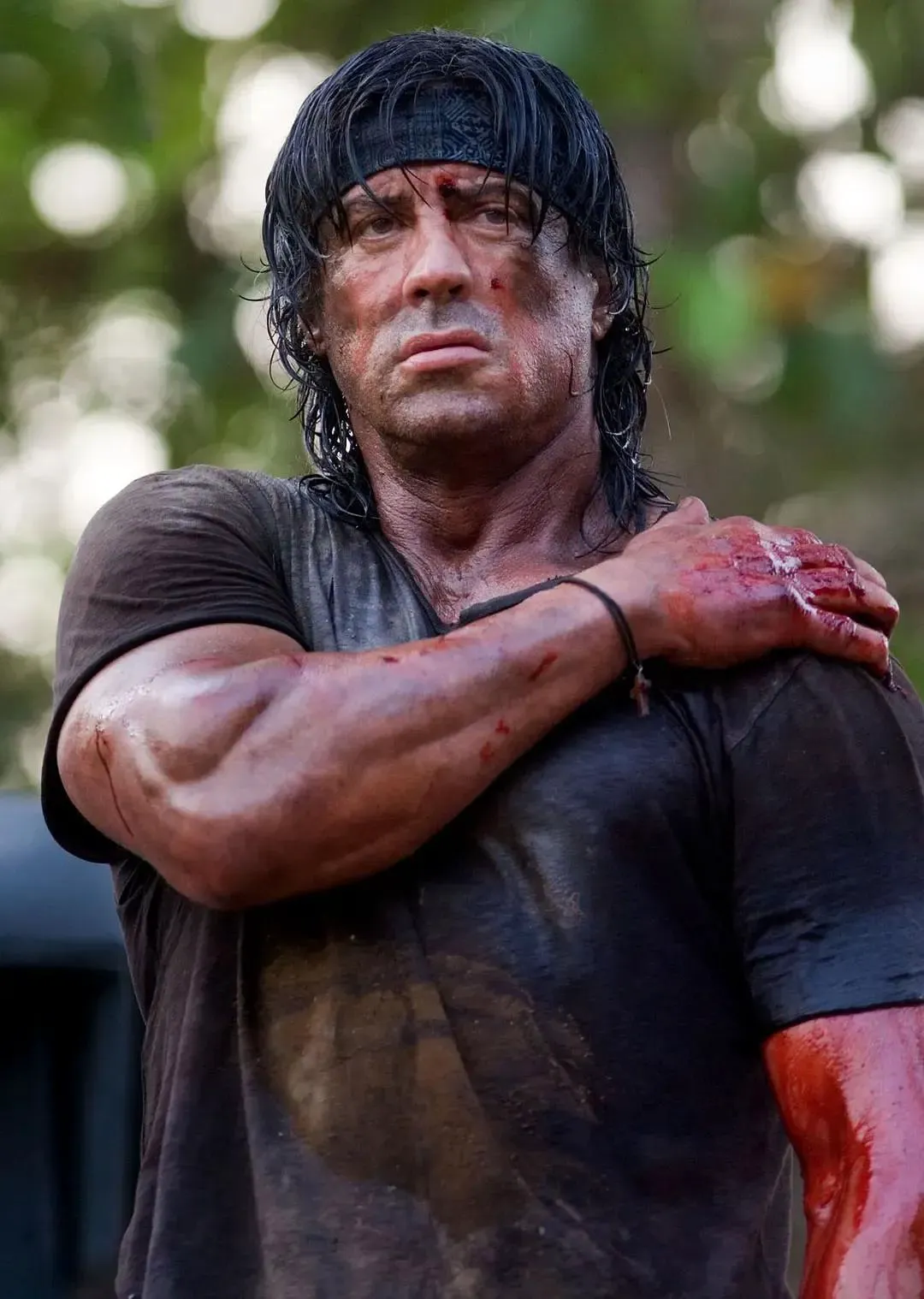
The Mystique of the Past
Without the unwavering spirit and the ability to stand alone, Rambo IV relies on a different kind of appeal: the mystery of what Rambo has been doing all these years. Can he still fight? Is he still capable?
Stallone amplifies this intrigue by setting the story in the enigmatic region of Burma (Myanmar), an area beyond the control of the central government, ruled by local warlords, and shrouded in secrecy. In Stallone’s eyes, these warlords are inherently villainous, and the fact that this region is a hub for drug production only exacerbates the sense of danger and intrigue. Throwing Rambo into this environment promises a compelling narrative.
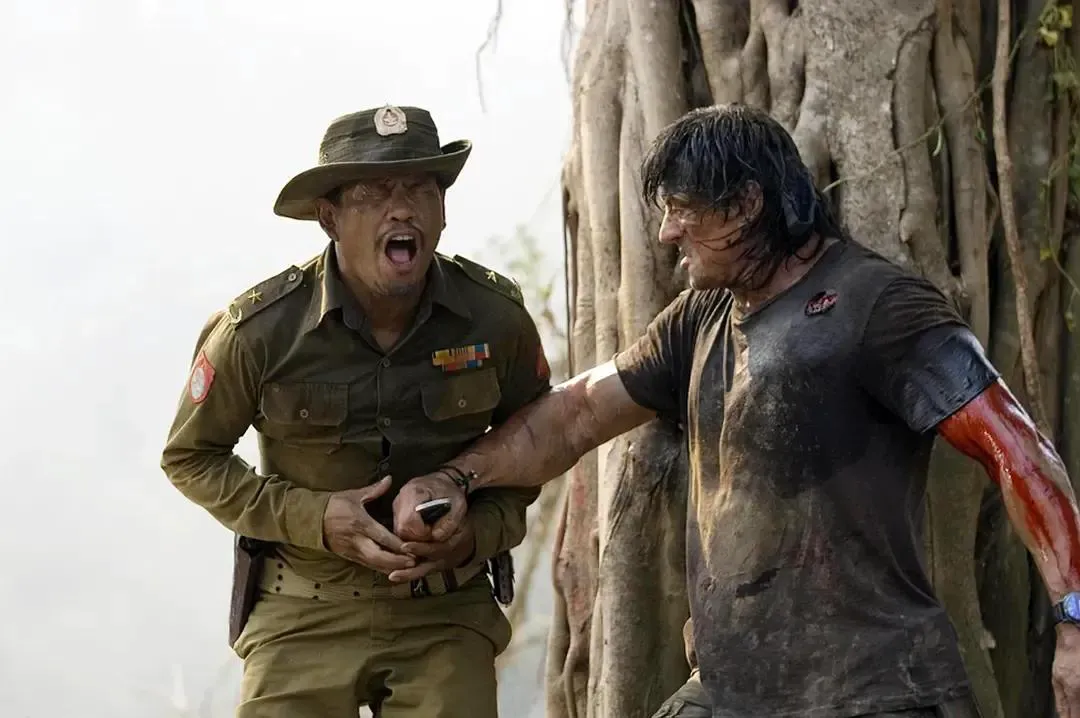
Regarding Rambo’s fighting prowess, Stallone subtly shifts the focus. In 2008, at the age of 62, Stallone’s own physical limitations inevitably influence the portrayal of Rambo. However, Rambo’s strength as the “king of the jungle” lies not only in brute force but also in his resourcefulness and tactical intelligence.
Consequently, Rambo IV showcases a Rambo who relies less on physical strength and more on cunning, utilizing traps and mechanisms to defeat his enemies. He prioritizes brains over brawn, opting for firearms and traps whenever possible.
Rambo’s fighting abilities may have diminished with age, but he has become wiser and more strategic.
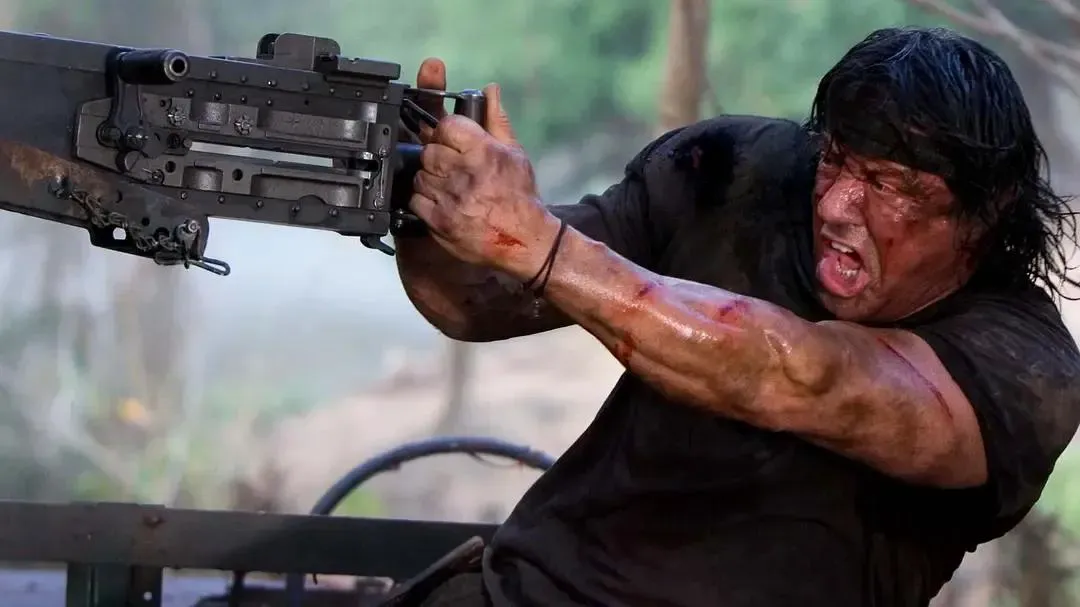
A Bloody Spectacle
To compensate for Rambo’s aging physique, Rambo IV embraces a B-movie aesthetic, with gratuitous gore, shocking violence, and relentless action sequences. While this Rambo may not be the one we remember, the film delivers a visceral and action-packed experience.
However, with a runtime of only 90 minutes, the actual story feels rushed, leaving many viewers wanting more.
Despite its shortcomings, Rambo IV manages to stay afloat, buoyed by nostalgia and a strong box office performance, proving a financial success for Stallone.
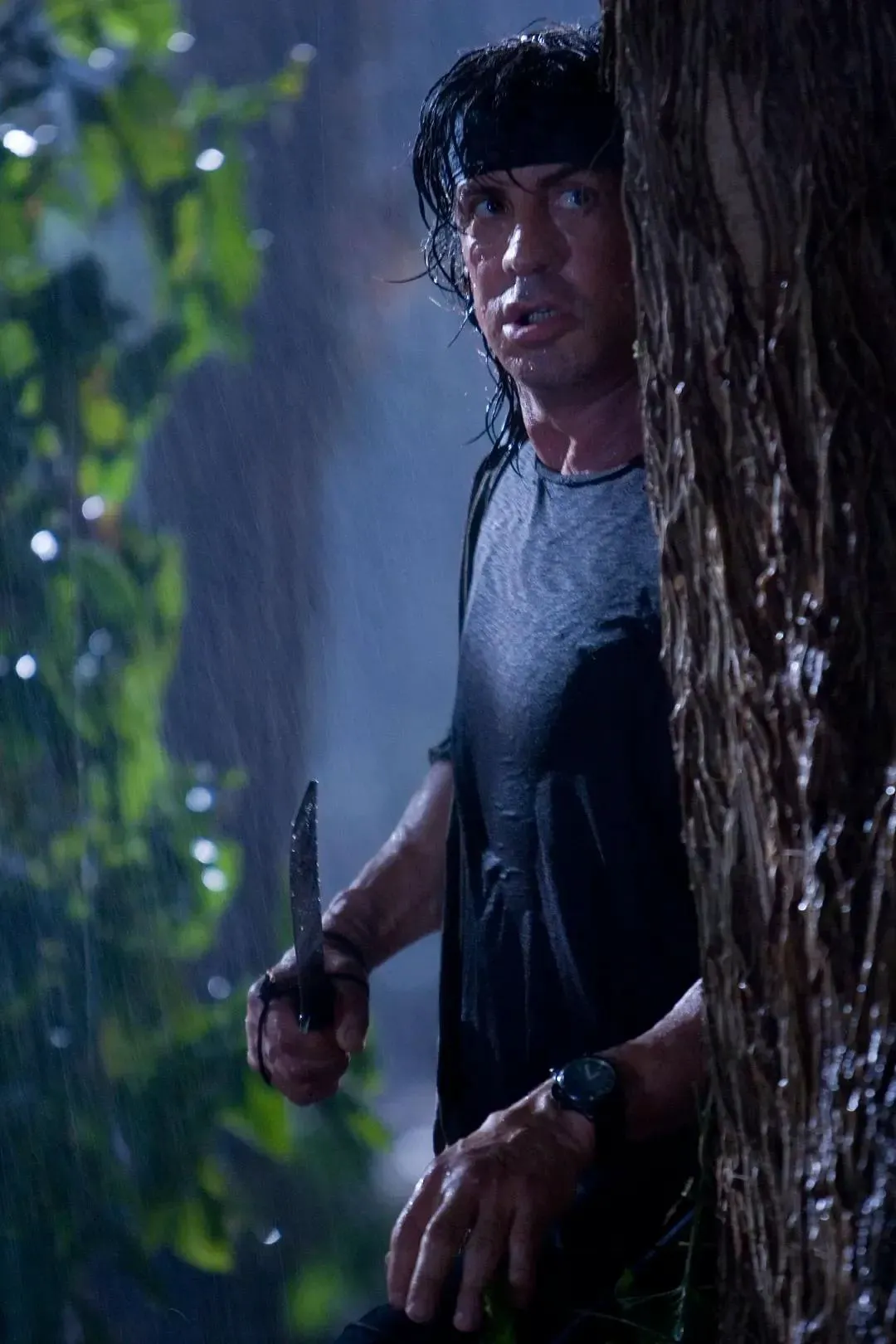
The Hollywood Reboot Machine
Why the 20-year gap between Rambo III and Rambo IV? What was the purpose of this fourth installment?
The answer lies in Hollywood’s penchant for reviving old IPs and creating sequels, a strategy for capitalizing on existing properties.
Disney, known for its animated films, has increasingly relied on live-action adaptations of classic animated movies, breathing new life into familiar stories like Alice in Wonderland, Maleficent, Oz the Great and Powerful, Beauty and the Beast, Aladdin, Cinderella, and The Little Mermaid, many of which have achieved box office success.
Even renowned directors participate in IP reboots, such as Peter Jackson’s King Kong and Steven Spielberg’s West Side Story.
When sequels are possible, studios are eager to continue developing franchises. Die Hard 4 was released 12 years after the original trilogy concluded. Indiana Jones and the Kingdom of the Crystal Skull arrived 19 years after Indiana Jones and the Last Crusade, and Indiana Jones and the Dial of Destiny followed 15 years later. Wall Street: Money Never Sleeps premiered 23 years after Wall Street, and Top Gun: Maverick soared into theaters 36 years after the original Top Gun.
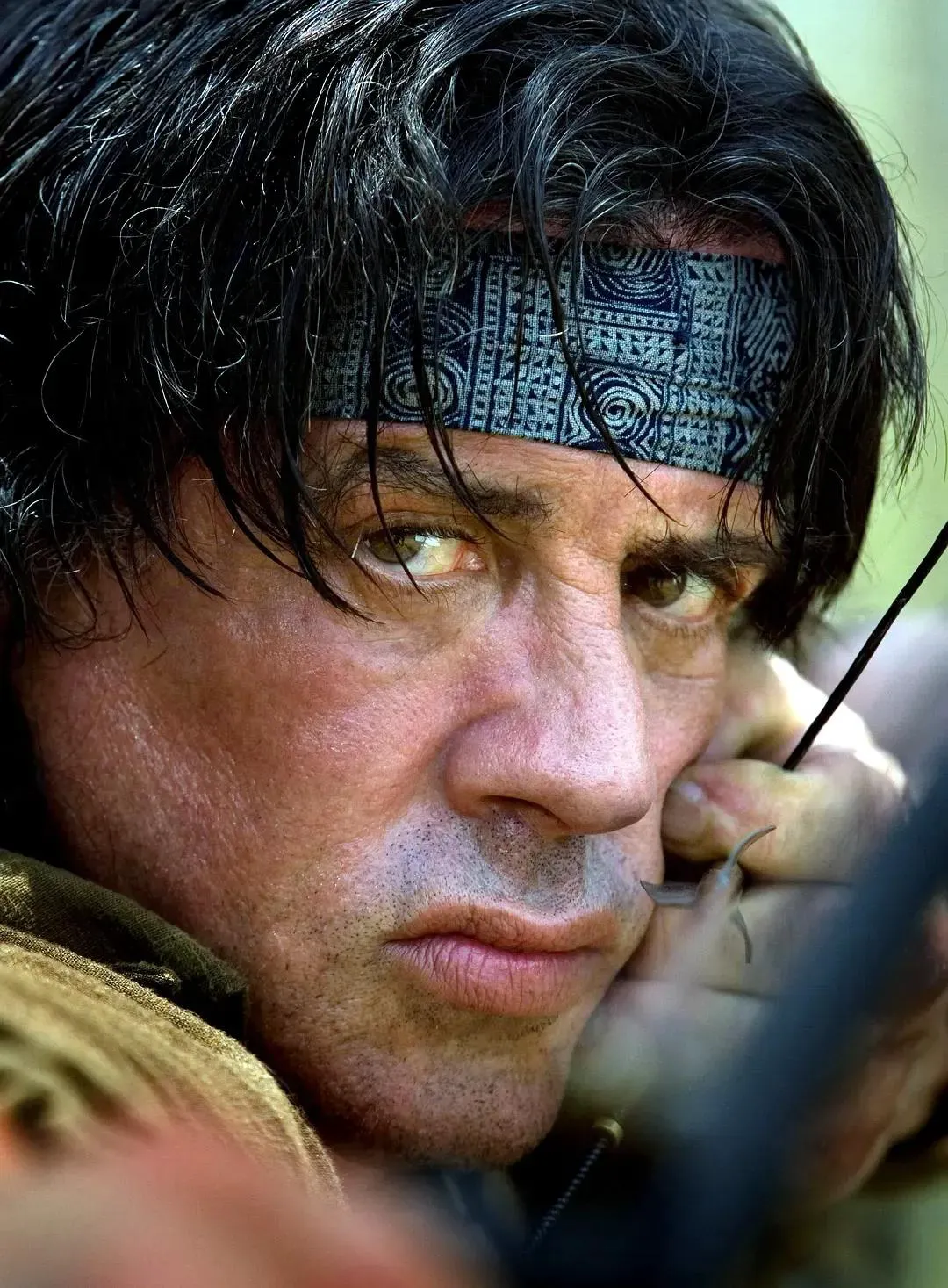
Stallone himself revived the Rocky franchise with Rocky Balboa in 2006, 16 years after Rocky V. The success of the Rocky reboot likely influenced his decision to revisit Rambo. These are his two most important IPs, and he intended to exploit their remaining potential.
While the Rocky legacy continues with the Creed series, the financial success of Rambo IV paved the way for Rambo: Last Blood.
Rambo: Last Blood - A Disappointing Finale?
And then, we got Rambo: Last Blood.
However, this film is, to put it mildly, disappointing.
It’s like encountering a long-lost love, a perfect vision cherished in dreams for years, only to find a mundane, overweight figure. The disappointment shatters years of longing, turning a cherished dream into a cruel joke.
After years of anticipation, this is what we get?
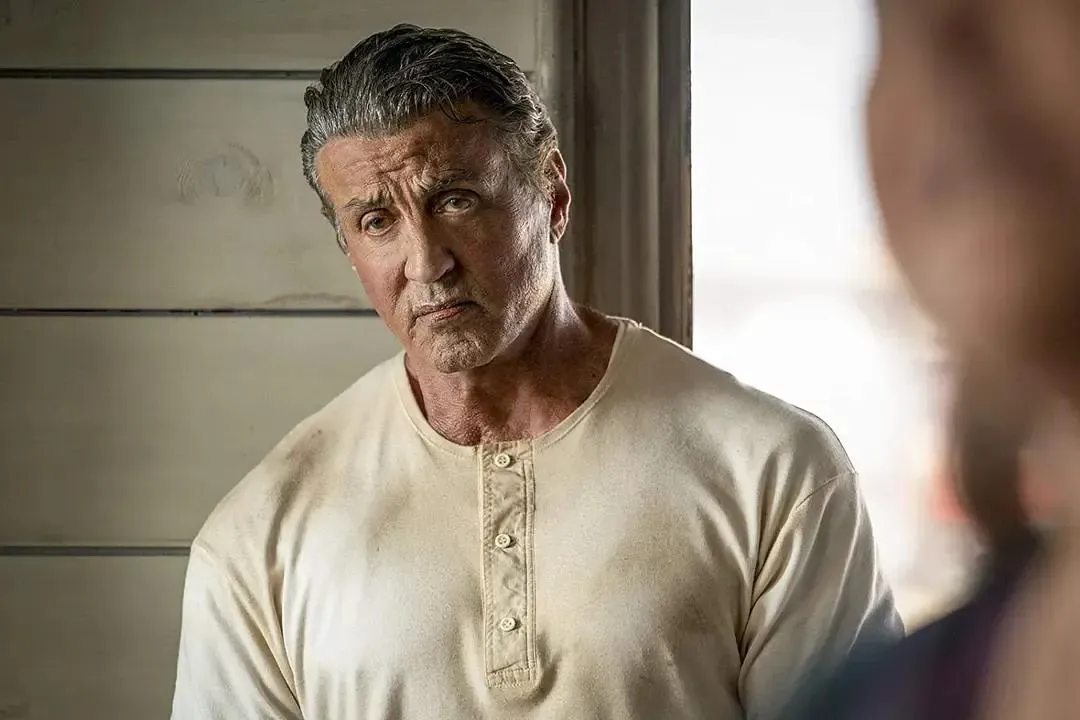
In Rambo: Last Blood, Rambo has lost his martial arts skills and become a slow-moving retiree. His enemies have gone from the US government, the US military, the Soviet regime, and Burmese warlords to a small Mexican drug cartel.
The former king of the jungle now fights only within the confines of his own property, relying on small-scale traps. He’s no longer the king of the jungle, but an old trickster in a Home Alone scenario.
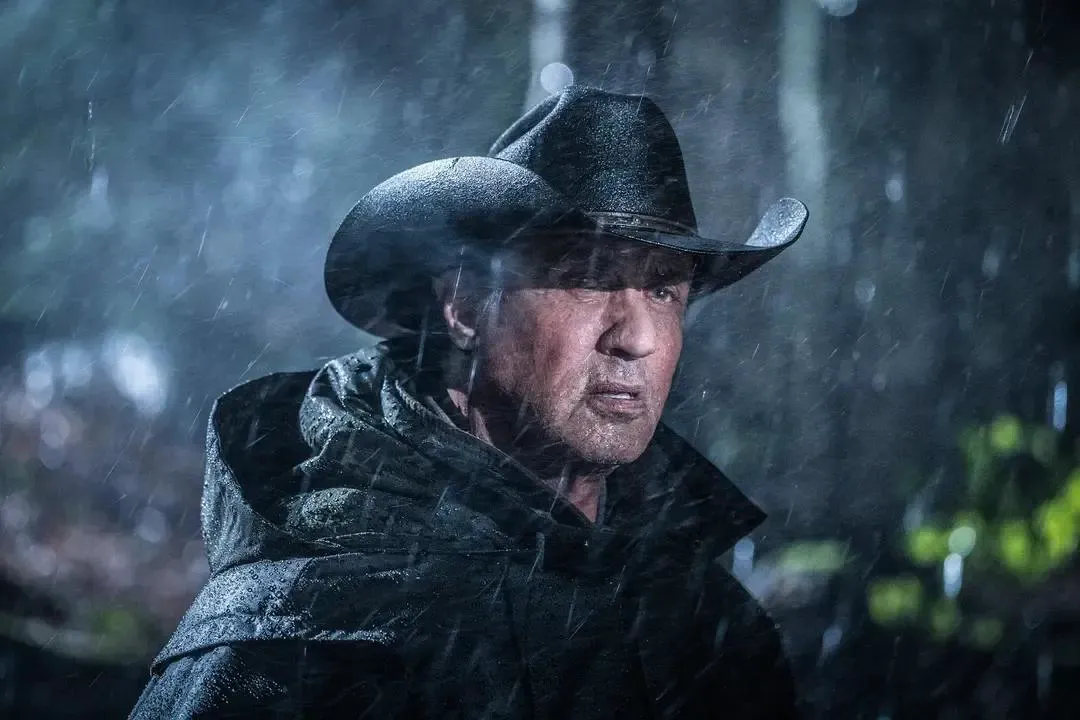
All of Rambo’s former glory has vanished. Watching his slow movements, his aged actions, and the film’s lackluster scenes is heartbreaking. It’s like seeing elderly parents trying to appear strong in front of their children, their efforts only highlighting their vulnerability. He’s simply too old.
This is not the Rambo we wanted, nor the Rambo we expected.
The disappointing Rambo: Last Blood suggests that the series has run its course. It’s best to let the Rambo of the past remain enshrined in our memories.
It’s not that Rambo is no longer capable, but that Stallone is no longer capable. He’s too old to fight, and the era has passed.
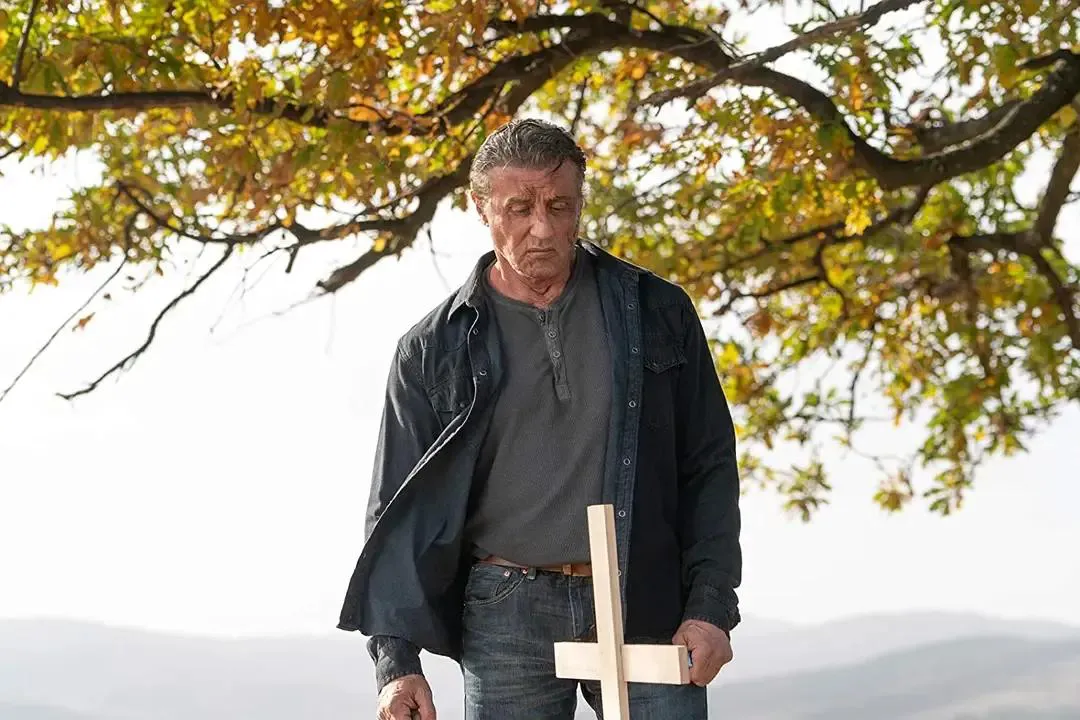
Not only Stallone, but also Schwarzenegger, has faltered, with even the Terminator reboot failing to revive his career. Bruce Willis, suffering from aphasia, has retired from acting altogether.
An era has come to an end. Alas!